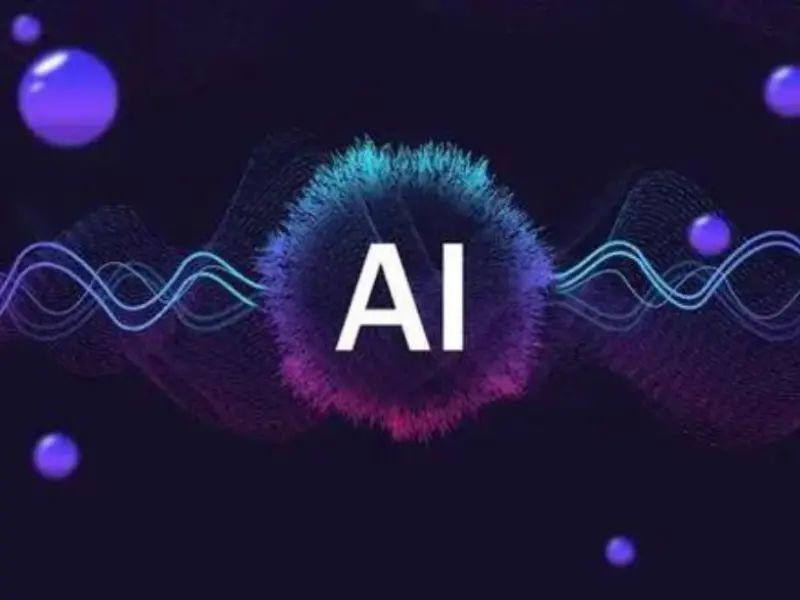- AI automation is the use of artificial intelligence technologies to automate tasks and processes traditionally performed by humans, enhancing efficiency, accuracy, and scalability in business operations.
- AI automation can transform various aspects of businesses across different industries, streamlining processes, reducing costs, and improving efficiency.
- AI automation can transform business operations by increasing efficiency, improving accuracy, enhancing the customer experience, and driving innovation.
Implementing AI automation requires careful planning, integration with existing systems, and ongoing monitoring and optimisation to ensure desired outcomes are achieved.
Additionally, businesses must consider ethical and regulatory implications and ensure transparency and accountability in AI-driven decision-making processes.
AI automation for business
Customer service
AI-powered chatbots can handle routine customer inquiries, provide 24/7 support, and even assist in resolving more complex issues by analysing customer data and historical interactions.
Data entry and processing
AI algorithms can automate data entry tasks, extract relevant information from documents, and process large volumes of data quickly and accurately, reducing errors and freeing up human resources for more strategic tasks.
Predictive analytics
AI algorithms can analyse vast amounts of data to identify patterns and trends, helping businesses make better decisions and forecasts in areas such as sales forecasting, demand planning, and risk management.
Personalisation
AI can analyse customer data to personalise marketing campaigns, recommend products or services based on individual preferences, and provide tailored content and experiences, enhancing customer engagement and satisfaction.
Supply chain management
AI automation can optimise inventory management, demand forecasting, and logistics operations, reducing costs, minimising stockouts, and improving overall efficiency in the supply chain.
Financial operations
AI-powered tools can automate financial processes such as invoice processing, expense management, and fraud detection, improving accuracy, compliance, and cost-effectiveness.
Human resources
AI can automate recruitment processes, screening resumes, scheduling interviews, and even conducting initial candidate assessments, speeding up hiring cycles and freeing HR professionals to focus on strategic tasks like employee development and retention.
Manufacturing and operations
AI-driven automation can optimise production processes, detect equipment failures before they occur, and improve overall equipment effectiveness (OEE), leading to increased productivity and reduced downtime.
Quality control
AI-powered systems can inspect products for defects more accurately and efficiently than human inspectors, ensuring higher quality standards and reducing the likelihood of defective products reaching customers.
Cybersecurity
AI algorithms can analyse network traffic, detect anomalies, and respond to security threats in real-time, enhancing the overall cybersecurity posture of businesses and protecting sensitive data from breaches and attacks.
Also read: Deep learning in computer vision: Revolutionising AI applications
Is it worth it?
Increased efficiency
AI automation can streamline repetitive tasks, freeing up human employees to focus on more complex and creative work. This efficiency can lead to cost savings and faster processes.
Improved accuracy
AI algorithms can perform tasks with a high level of accuracy, reducing errors compared to manual processes. This can be especially beneficial in tasks where precision is crucial, such as data entry or quality control.
Also read: 5 types of AI hardware driving tomorrow’s intelligent machines
Enhanced customer experience
AI automation can personalise interactions with customers by analysing their preferences and behavior. This leads to more targeted marketing efforts, improved customer service, and ultimately higher customer satisfaction.
Data analysis and insights
AI algorithms can quickly analyse large volumes of data to identify patterns, trends, and insights that humans might miss. This can help businesses make better-informed decisions and develop more effective strategies.
Scalability
AI automation can easily scale up to handle increased workloads without the need to hire additional human employees. This scalability makes it ideal for businesses experiencing growth or fluctuating demand.
24/7 operations
AI-powered systems can operate around the clock without the need for breaks, making them ideal for tasks that require continuous monitoring or rapid response times.

